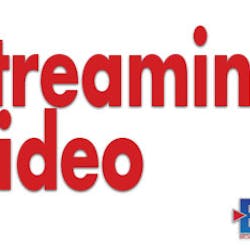It's a fascinating area. One of the most interesting findings is that cable operators, in their role as Internet service providers, now serve subscribers with content that traverses multiple networks before reaching their device. That's a far cry, of course, from the legacy (and still very much contemporary) world in which the operator controls - directly or indirectly - the content for all of its journey.
Operators, as we know, are control freaks. But things change. MSOs, of course, are known first and foremost as content providers. HBO, ESPN, CNN and the other networks are "cable." They are not "OTT," even if delivered that way.
This is a problem and a challenge: The MSO will be blamed for crummy audio and/or video no matter where the problem really lies. Cable operators are a big target, and few subscribers - even those who intellectually understand the difference - will go easy on them. Whether the problem is the cable operator's fault or not is more or less irrelevant in the image game.
The MSO community has a dominant profile and will the big loser when things go awry. This means that operators must redouble efforts to keep their plant in top shape. This is good news for much of the supporting ecosystem, starting with the test, measurement and monitoring folks and working its way back through companies that do various things to improve network performance.
No matter how much money they spread around, cable operators are captive to the weakest link in an OTT world. This starts another dynamic: Informal - and perhaps eventually formal - sets of agreements, monitoring tools and standards that ensure that content reaches the last mile in pristine (or at least good) condition. Cable operators will no longer own the lion's share of the delivery path. That doesn't mean, however, that they can't use their considerable assets to have a good deal of influence.
More about that in BTR's May Special Report.
Carl Weinschenk is a contributor to Broadband Technology Report. He also runs Weinschenk Editorial Services, which focuses on providing high quality content to corporate websites. Reach WES at 516 621-2978 or at this email.





